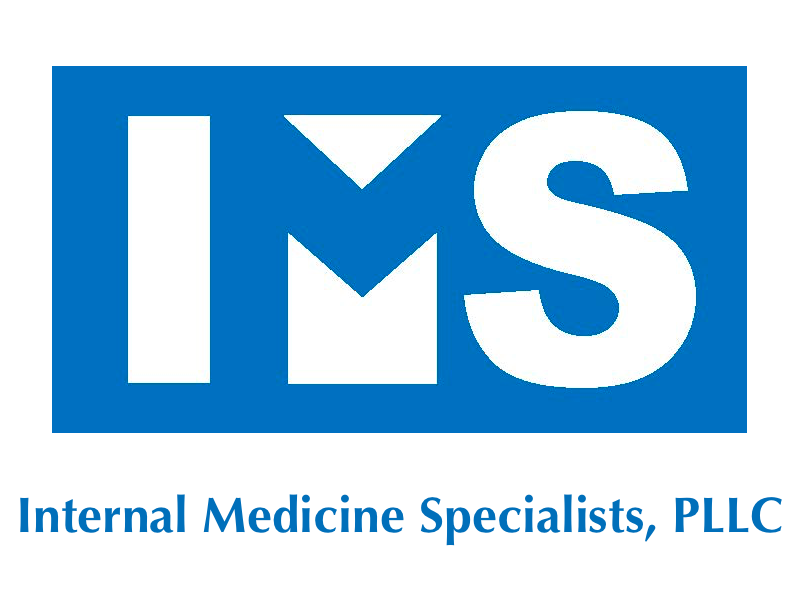Chronic Disease Management
Chronic Disease Treatment In Flowood, MS
Chronic medical problems or “chronic disease” refer to lasting conditions such as diabetes or hypertension, which cannot be completely “cured” but usually can be managed or controlled to prevent adverse effects on health. Chronic disease management requires continuing surveillance and treatment to ensure that disease control is maintained and that secondary complications (such as stroke, heart attack, or neuropathy) do not develop. Chronic medical problems often develop gradually but can be detected early, or in some cases predicted, by maintaining regular wellness visits and appropriate screening tests and exams with your physician.
Hypertension/High Blood Pressure
Hypertension, also known as “high blood pressure,” is a condition in which the blood vessels have persistently raised pressure. Hypertension should be medically controlled to prevent secondary health problems it causes. Hypertension is a major risk factor for heart disease, heart attack, kidney disease and stroke.
Cholesterol
Many suffer from high cholesterol. If you've been watching your diet but still have high cholesterol levels, we recommend scheduling an appointment with us. Consistently high cholesterol can lead to heart problems.
Diabetes
Diabetes is a serious condition where your blood glucose level is too high. It can happen when your body doesn't produce enough insulin or the insulin it produces isn't effective. Treatment can be as simple as behavioral and dietary adjustments or may require medication to control blood sugar levels. Failure to treat diabetes early and adequately can result in progression of diabetes into a more serious condition which can cause secondary disease in multiple organs of the body including the vascular system, nervous system, kidneys and eyes.
Heart Disease
Heart disease can occur in a variety of forms and has multiple causes. Diagnosis and management of heart disease requires an understanding of the entire body and its systems. The comprehensive approach to care provided by an internist is a good foundation for cardiac care and heart disease prevention. Internal Medicine Specialists takes your heart health seriously and will endeavor to manage risk factors appropriately, obtain both healthy heart evaluations and symptom-related evaluations, and provide management of many heart medications. We engaged with and coordinate care with a variety of heart specialists in the community to ensure comprehensive care.
Thyroid Disease
The thyroid gland is part of your endocrine system and helps regulate body functions by constantly releasing a steady amount of thyroid hormones into the bloodstream. Thyroid disease is fairly common and can be manifested as over-functioning or under-functioning of the thyroid gland. Internal medicine Specialists provide initial diagnostic evaluations for thyroid nodules and disease. We provide subspecialist consultation with endocrinologists and interventional radiologist when required. We also provide management of chronic thyroid diseases such as hypothyroidism and post-surgical management of thyroid disease.
Kidney Disease
The kidneys have several functions in the body. One of the main functions is to filter waste and toxins from the blood. Kidney disease usually means your kidneys are damaged and cannot filter blood in the way they should. You are at a greater risk for kidney disease if you have diabetes or high blood pressure. Management of these risk factors is critical to avoiding kidney disease. Internal medicine specialists provide diagnostic evaluation of acute kidney disease and assist in the long-term management of chronic kidney disease. A comprehensive approach to medical management of the "whole patient" includes assessment and consideration of renal function and kidney care in choosing and coordinating medications for other conditions.
HEadaches
Headaches are a very common condition that most people will experience many times during their lives. The main symptom of the headache is pain in your head or face. There are several types of headaches, including tension headaches (the most common), sinus headaches, migraine headaches, cluster headaches, and others. While most headaches are not dangerous, certain types can be a sign of a serious underlying condition.
Shingles
Shingles is a disease caused by chronic viral infection which can cause a painful or itching rash. Shingles can occur anywhere on your body and the rash usually presents as a single band of vesicles or small blisters which follows the path of a particular nerve on one side of the body. Rashes that occur on both sides of the body are usually not shingles. Shingles is not life-threatening but can cause lasting pain if not treated quickly and is particularly serious if it involves the skin about the eye or the eye itself. It should be treated as soon as possible after the rash appears, prevent lasting effects.
Gastroenterology (Stomach & Intestines)
GI illnesses are one of the most common causes of visits to an internist's office. The gastrointestinal (GI) tract (also called the digestive tract) is the parts of the body that break down food, allowing nutrients to be used for energy and growth: the mouth, esophagus, stomach, pancreas, liver, gallbladder, small intestine and large intestine. A variety of conditions can affect one or more of these components of the GI tract and can cause significant problems for patients. Regular screening is important for early detection of colon cancer. Our internists provide surveillance of blood work and other exams to detect gastrointestinal disease and manage a variety of chronic gastrointestinal diseases.
If your medical condition is giving you problems, click here to REQUEST an APPOINTMENT ONLINE at Internal Medicine Specialists to resolve this.
BROWSE OUR WEBSITE
CONTACT INFORMATION
Business Hours:
- Mon - Thu
- -
- Friday
- -
- Sat - Sun
- Closed
By appointment only. Same-day appointments are available for established patients.
OUR LOCATION
Content, including images, displayed on this website is protected by copyright laws. Downloading, republication, retransmission or reproduction of content on this website is strictly prohibited. Terms of Use
| Privacy Policy


